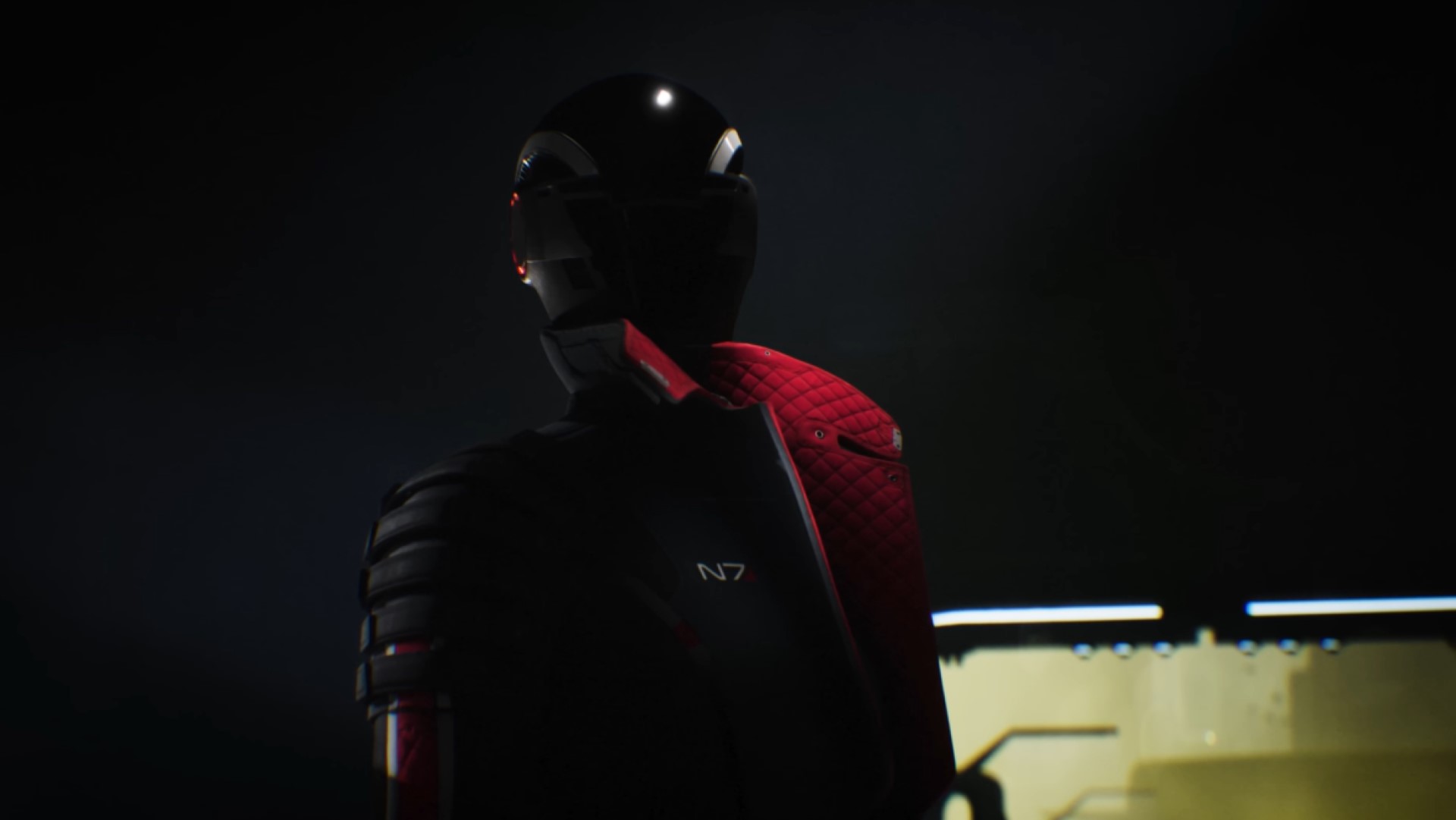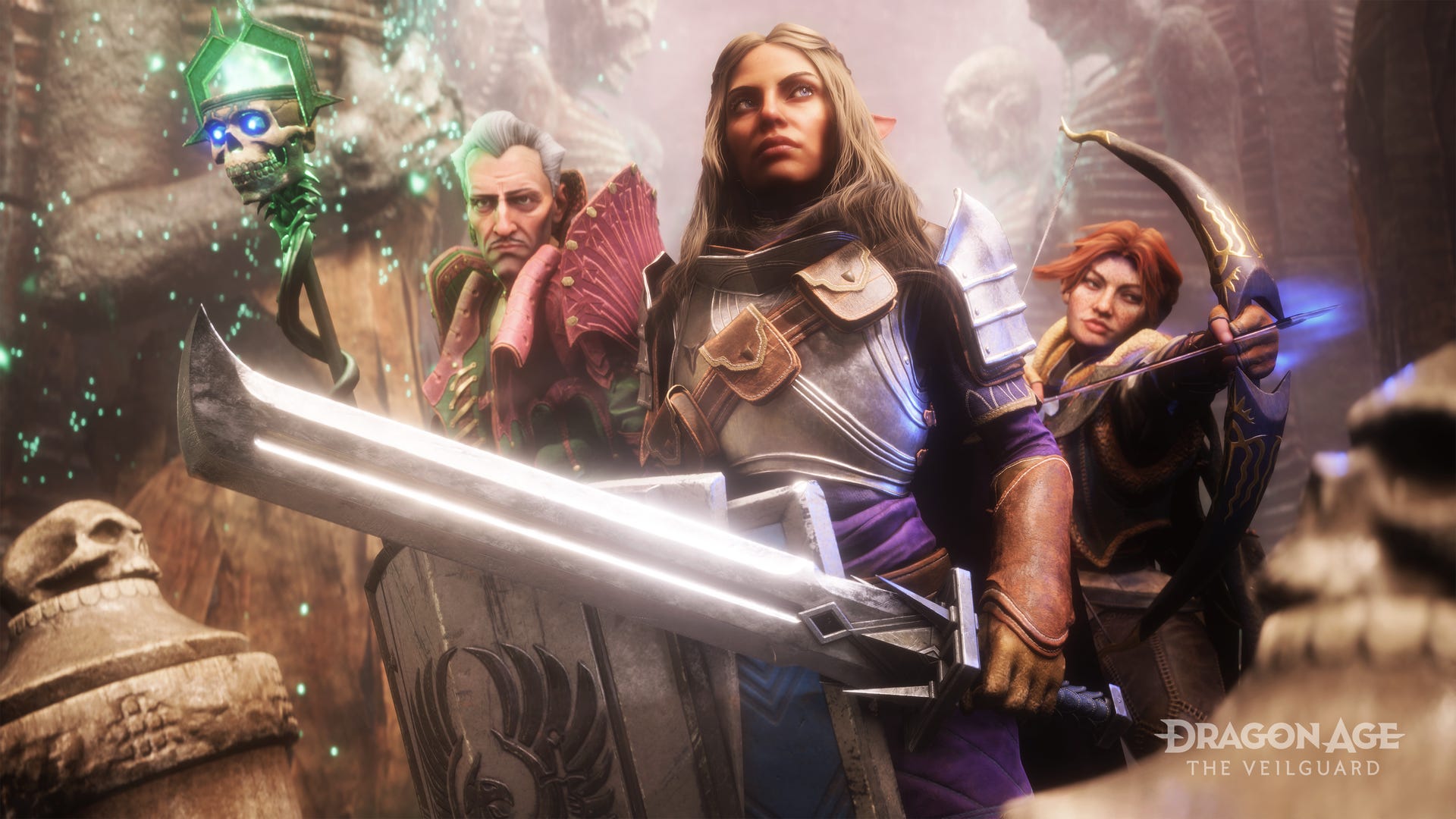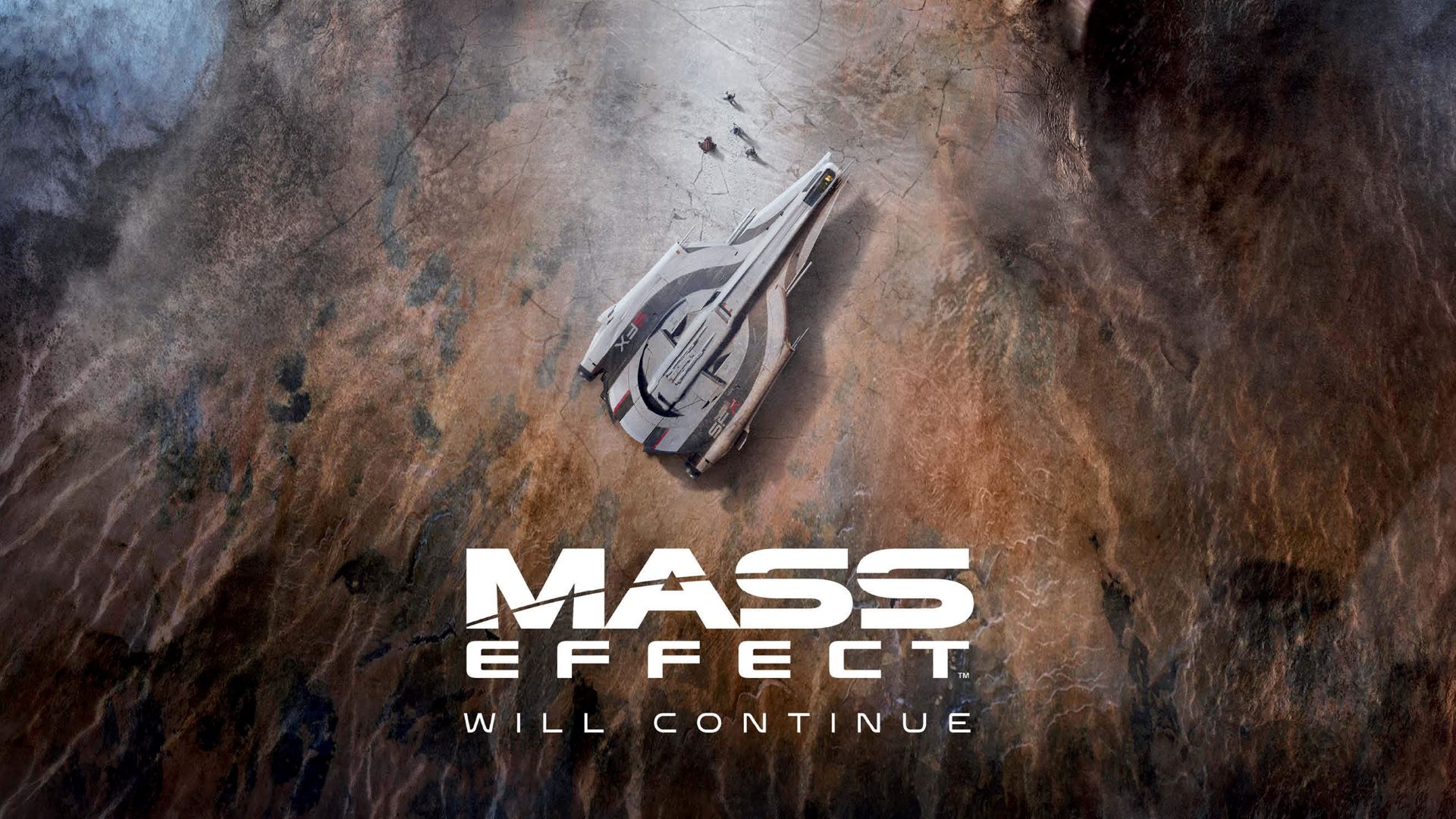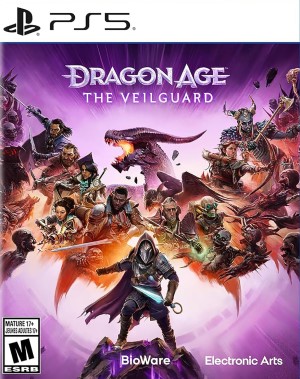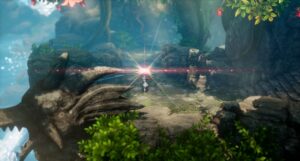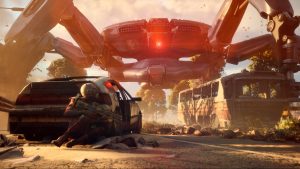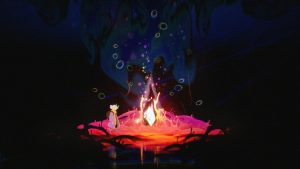
Here we are, yet again. No, I am not just talking about Dragon Age: The Veilguard, BioWare’s latest and okay-est RPG, but in this situation of wondering and worrying about the developer’s next thing. Circa 2012, we didn’t think beyond the ending of Mass Effect 3 and how it would remain that way forever (which wasn’t the case). Post-March 2017, there was abject concern after Mass Effect: Andromeda and whether the studio’s next project, Anthem, would finally redeem it. Post-February 2019, well, you get the idea.
With no DLC coming to The Veilguard, the developer is focused on the next Mass Effect. The latter was announced in 2020, and as of February 2024, it’s still in pre-production, which isn’t anything new for the gaming industry. As teams finish projects, they shift to others, which go from pre-production to active development. “Pre-production” is a nebulous term, and there’s no telling if plans will change in one aspect or several.
This didn’t stop project director Michael Gamble from recently confirming two things about the sequel. First, it would have a “photorealistic” style in keeping with previous entries (and the franchise would stick to it as long as he’s running it). Second, it would maintain the mature tone of the original trilogy. Both were in response to the reception of Dragon Age: The Veilguard, which has received criticism for months over its visual style (with Gamble disagreeing about it being “Pixar-ised”) and more recently for its lighter atmosphere over the previous titles.
However reassuring as those two things may sound, there’s still plenty of concern after The Veilguard because its problems go beyond the tone and visuals. Heck, they go beyond the game itself and into the heart of BioWare.
Back when it was still called Dragon Age: Dreadwolf, we knew nothing about the game, save for it somehow focusing on Solas and being set in the Tevinter Imperium, known for its magocracy. There were rumblings of a shift to real-time hack-and-slash action RPG gameplay, but very little about the story, characters, what’s going on, how it ties back to previous titles, whether it would consider their past choices, etc. Departures from the team, updates about the state of development, and promises of more to come, were all we knew.
It wasn’t until Dreadwolf became The Veilguard that BioWare laid bare its intentions for the first time. The title shift represented a shift from the villain to the companions who would join the player on their journey, and unlike the Inquisition, it’s composed of only eight individuals. This sounded more like a close-knit group, a family of sorts, and surely didn’t create any concerns about the team not putting enough emphasis on letting you mold the protagonist. BioWare games are known for their companions after all – who even remembers characters like Commander Shepard?
Suffice it to say that the execution has left much to be desired. We can agree to disagree on how “good” the companions are, but there’s no denying how awkward they feel in the greater context. While they each focus on self-discovery and self-growth in their own ways, everyone is off doing their own thing. Harding is trying to master her new magic, Bellara is trying to fix an artifact, Neve runs through some cases in Dock Town, and so on.
All this would be fine if it actually felt like there was a deeper connection to the ongoing plot. Even those which engage with the lore, like Harding’s side quests, feel basic. With how much the game does away with established plotlines, history, and so on, it’s all the more inconsequential. Also, for all its effort to showcase the Veilguard as a family, it feels all the more superficial due to the lack of inner conflict or boiling tensions between companions.
Does this mean that the next Mass Effect will have disappointing companions? Well, no, but Dragon Age: The Veilguard showcases how something that sounds promising can falter with the execution.
Take the lack of an open world. After how poorly Andromeda executed its open world (or worlds), Mass Effect is allegedly doing away with this and returning to the original trilogy’s formula. It sounds great because of all the memorable missions from each title. The assault on Virmire, Priority: Tuchanka, the Suicide Mission, Noveria, the Citadel DLC – the list goes on. However, remember there was excitement over Dragon Age: The Veilguard abandoning the open world of Inquisition for a mission-based approach.
While there are some strong set pieces further along in the story, so many missions require you to follow a teammate or NPC or go from point A to point B with battles in between. The environments aren’t open-world by any means; however, they still open up for exploration in a similar fashion with optional quests and loot to discover, enemies meandering about to slay, and puzzles to solve. There are also further areas to unlock as more companions join your cause, and it’s all…fine. Serviceable. Sometimes it’s a nice diversion from the formulaic main quests, but it’s still rudimentary. At least all that padding from Dragon Age: Inquisition is gone, right?
You could say this all goes back to the very nature of hype. “The Veilguard was never going to live up to it,” some might say, while others (myself included) treat it as a completely different, disconnected experience. With BioWare, it’s more of a question of execution. You can tout your game as having 700 characters and 80,000 lines of dialogue – 140,000 when taking Rook into account. But if a large chunk of it doesn’t resonate with players, much less feel natural, compel them to interact with their companions, or breathe life into their version of the hero, hype can only take you so far.
As concerning as things may be for the next Mass Effect, consider what BioWare may learn from The Veilguard. It may look at elements that received praise – like the combat – and learn further into providing fewer abilities for the player to throw out. If there was any consideration for porting over the crafting system from Mass Effect: Andromeda, it may do away with it in favor of more streamlined upgrades.
There’s no telling at this point, especially if rumors about the sequel being far off – think 2028 or 2029 – are true. Besides, the next Mass Effect is helmed by veterans of the original trilogy who surely know how to deliver what fans want the most.
In the meantime, whichever way you may feel about Dragon Age: The Veilguard – whether it rekindled your love for the franchise or drove you back to the older games – it’s clear that the current BioWare’s vision for its titles isn’t quite in line with all its longtime fans. It can talk about companions, choices and consequences, world design, lore, and much more to appeal to those who fell for them in the first place, but it won’t necessarily execute them in the most desirable ways.
Some may be better, others may be worse, and the overwhelming majority could be “fine” (depending on the person in question). The cycle thus begins anew, and we’re left wondering, worrying, again about the next thing.
Note: The views expressed in this article are those of the author and do not necessarily represent the views of, and should not be attributed to, GamingBolt as an organization.








